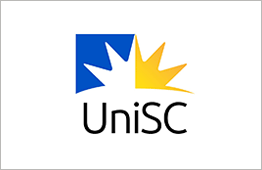Advancing Evidence-Based Practices in Peripheral Venous Catheterization in Portugal
Peripheral venous catheterization (PVC) is a cornerstone of healthcare, providing essential vascular access for a variety of treatments. However, ensuring safe and effective PVC care remains a challenge for nurses and clinicians worldwide. A recent analysis highlights the need for evidence-based practices in Portugal to bridge gaps in care and enhance outcomes for patients.
The Current Landscape in Portugal
Despite advancements in healthcare, gaps persist in the management and care of peripheral venous catheters (PVCs) in Portugal. These challenges include a lack of standardized clinical guidelines and insufficient recognition of advanced nursing competencies in vascular access. Addressing these gaps is essential to improving patient care and ensuring that nursing practices are aligned with international standards.
Proposed Solutions for Improvement
The study outlines several recommendations to address the challenges in PVC care in Portugal:
1. Developing Clinical Standards: Introducing a national clinical guideline for PVC care in both pediatric and adult patients to standardize practices across healthcare settings.
2. Recognizing Nursing Competencies: Establishing formal recognition of advanced nursing skills in vascular access to promote specialized care and reduce complications.
3. Creating Specialized Teams: Forming vascular access teams within primary and hospital care units to provide expert support and improve patient outcomes.
Embracing a Global Perspective
These recommendations align with the international shift toward evidence-based, patient-centered nursing care. By adopting these measures, Portugal has the opportunity to join global leaders in healthcare efficiency, sustainability, and safety.
Why It Matters
The transition to evidence-based practices in PVC care is more than a procedural upgrade—it represents a commitment to improving patient outcomes, enhancing healthcare efficiency, and ensuring the safety of both patients and healthcare professionals.
For more insights and detailed recommendations, read the full article in the Revista de Enfermagem Referência.
Authors: Paulo Santos-Costa, Gillian Ray-Barruel, Miguel Ángel Rodríguez-Calero, Ian Blanco-Mavillard, Orlaith Hernon, Peter J. Carr
Read More: https://revistas.rcaap.pt/referencia/article/view/34391/version/30877








